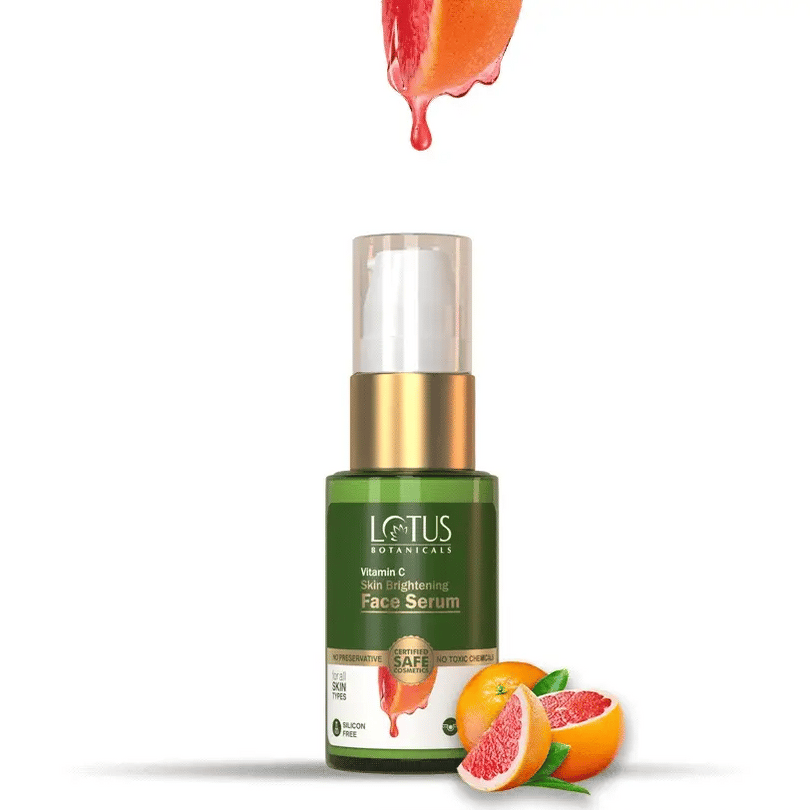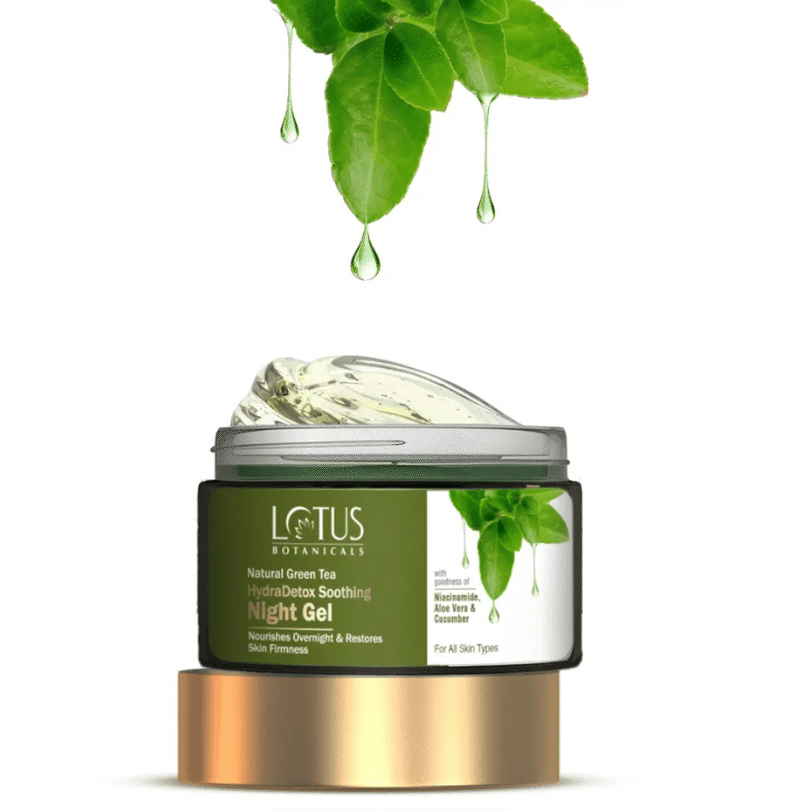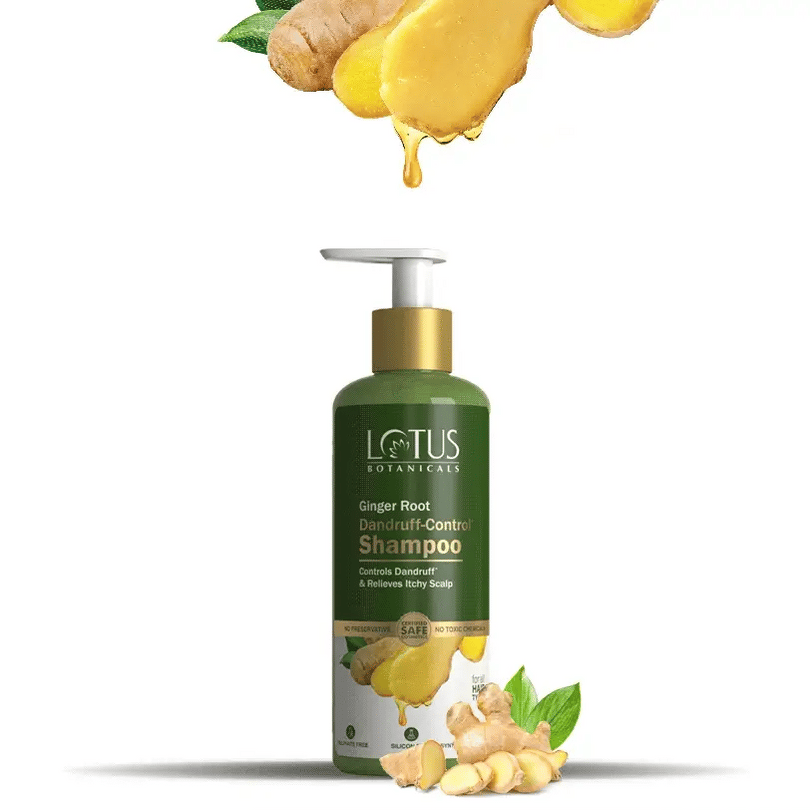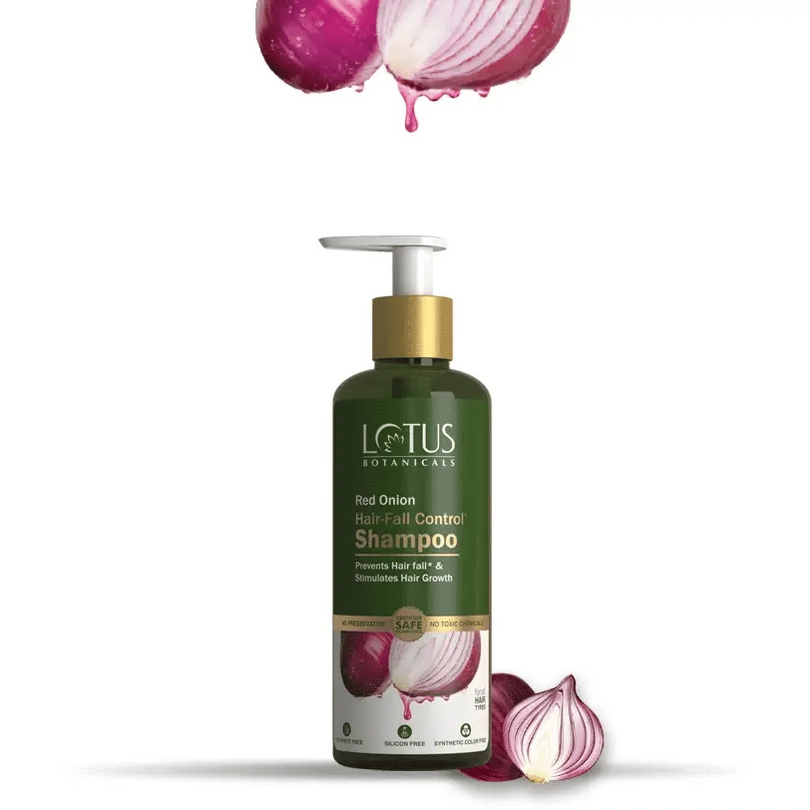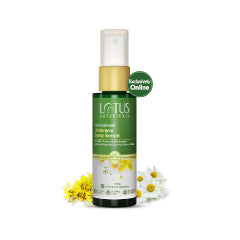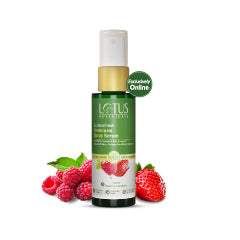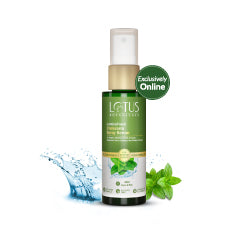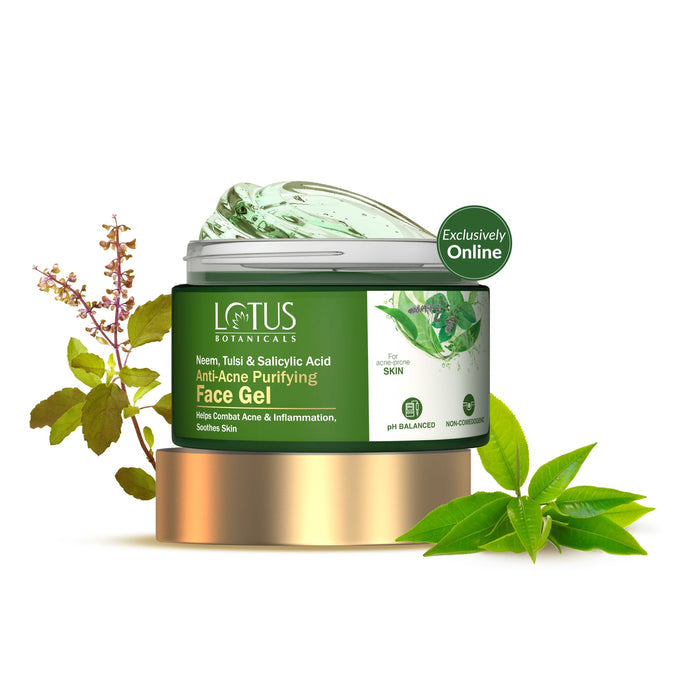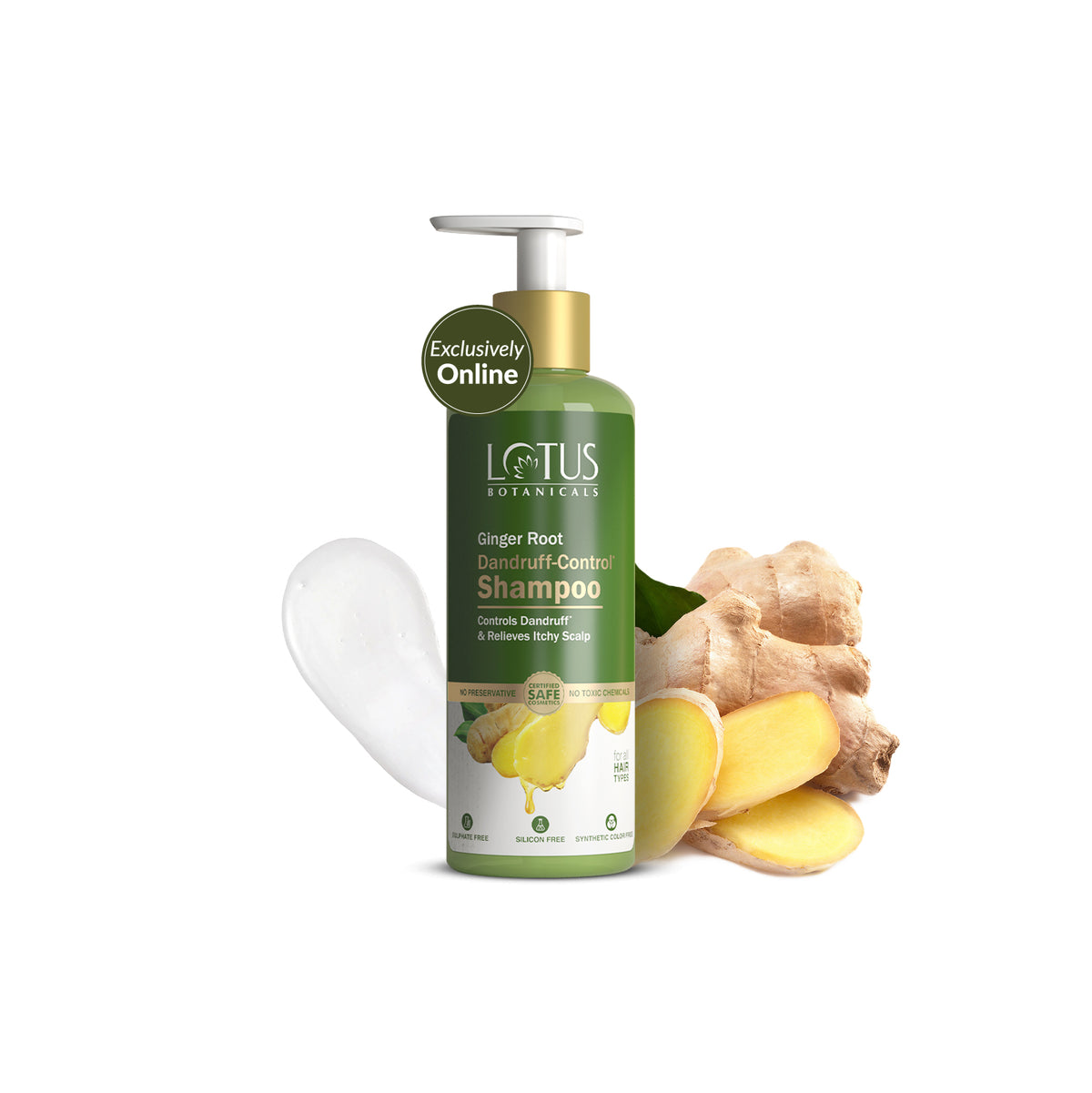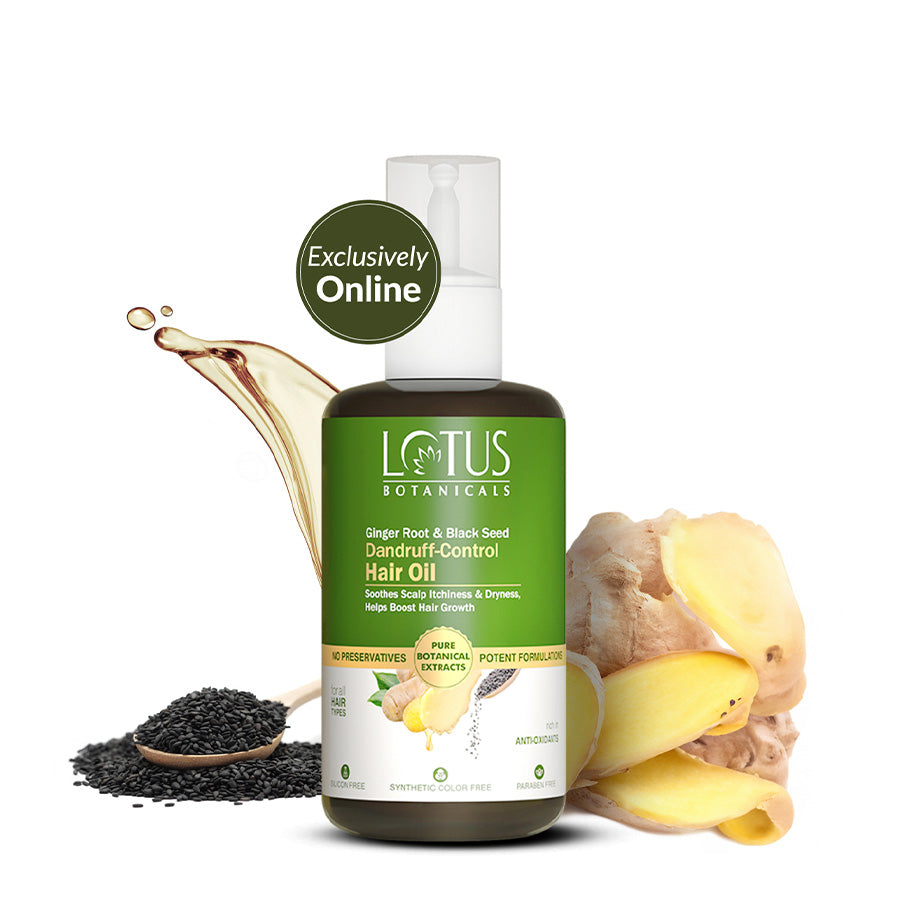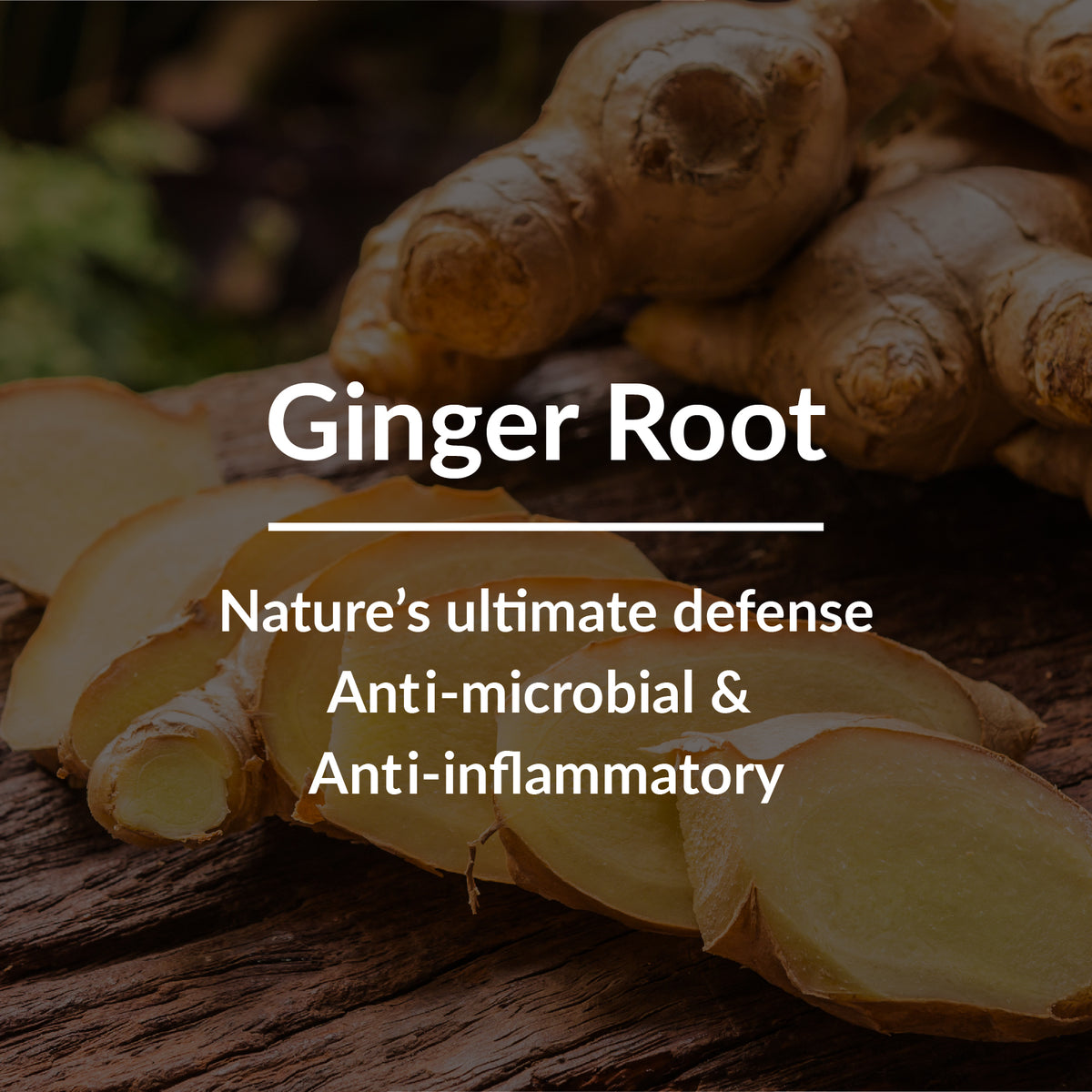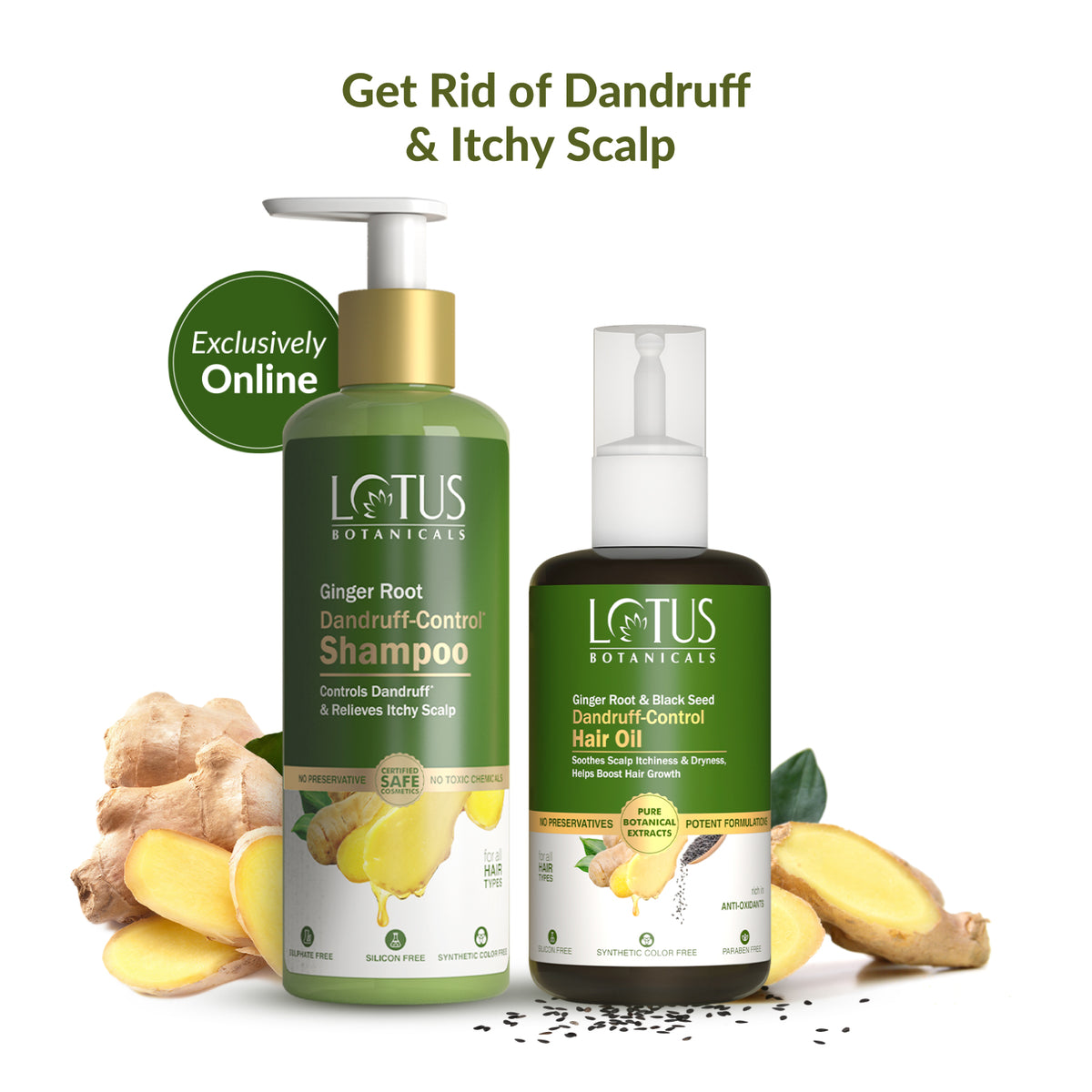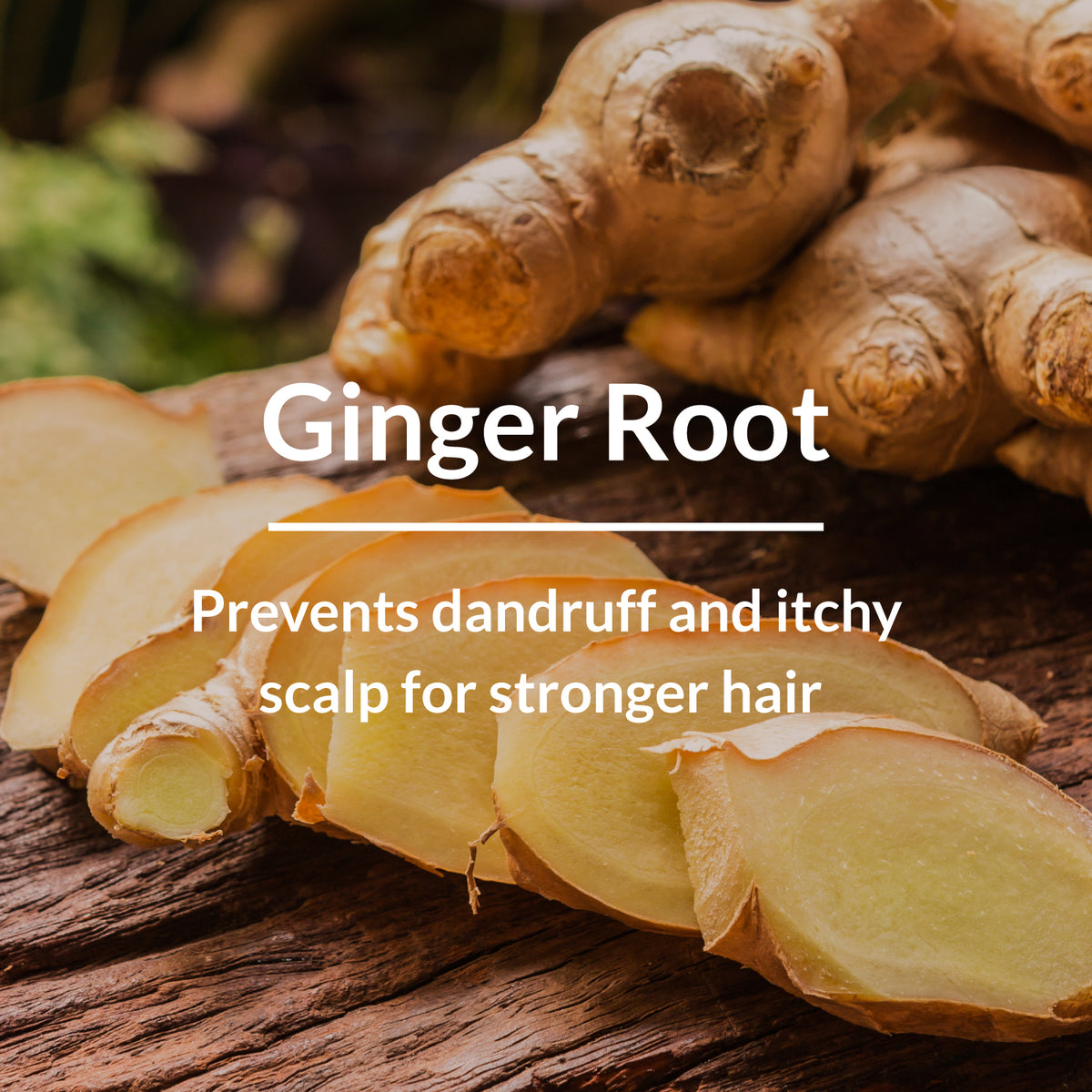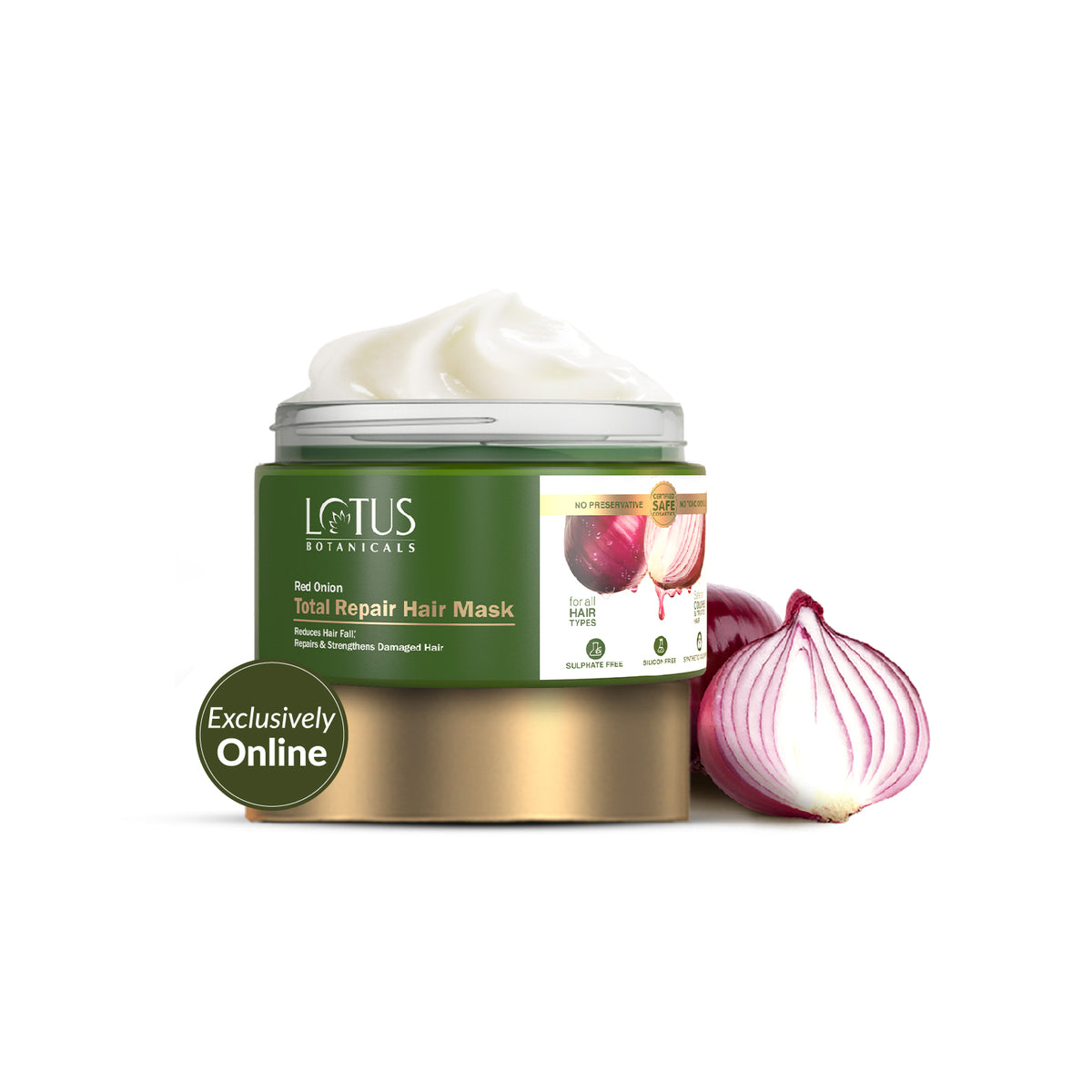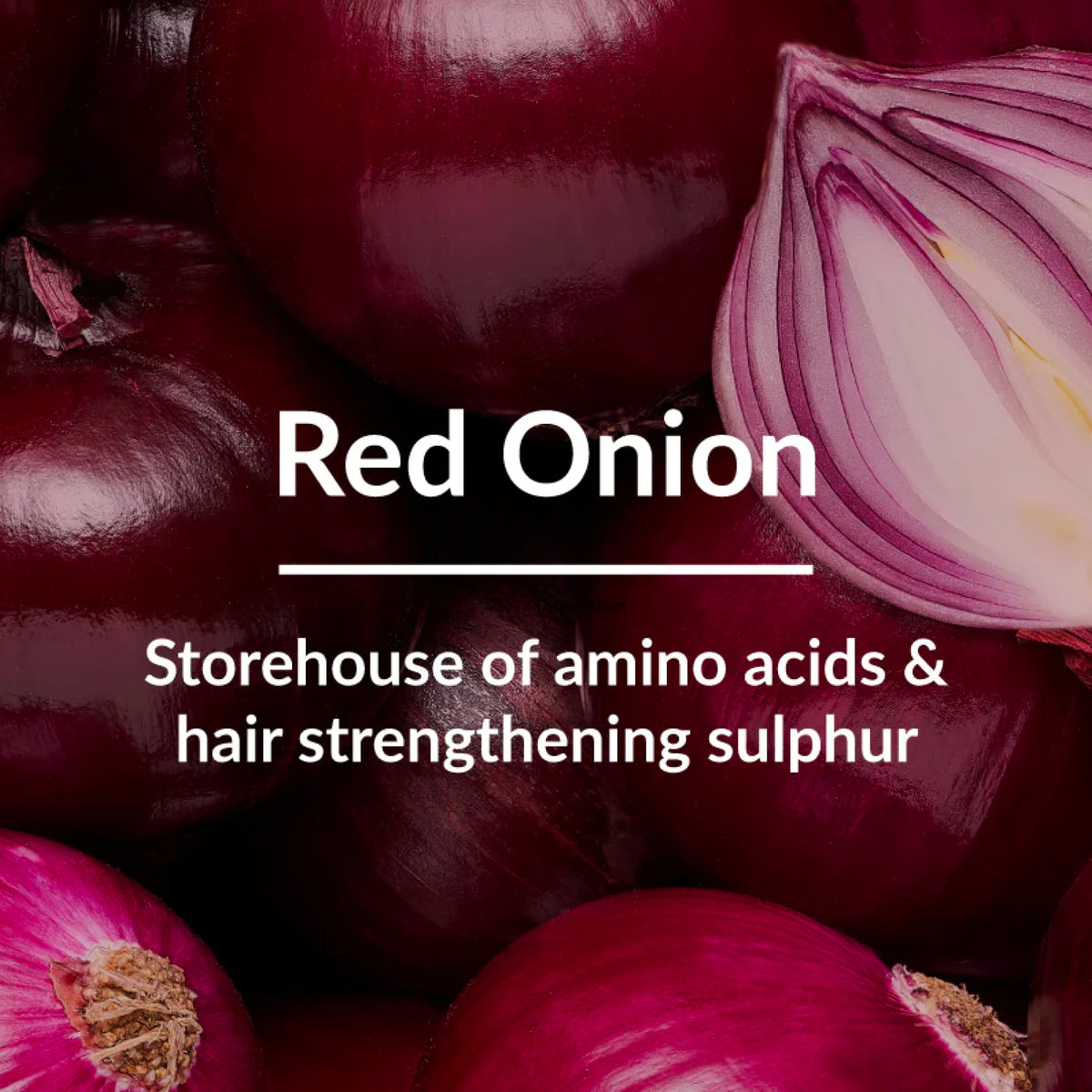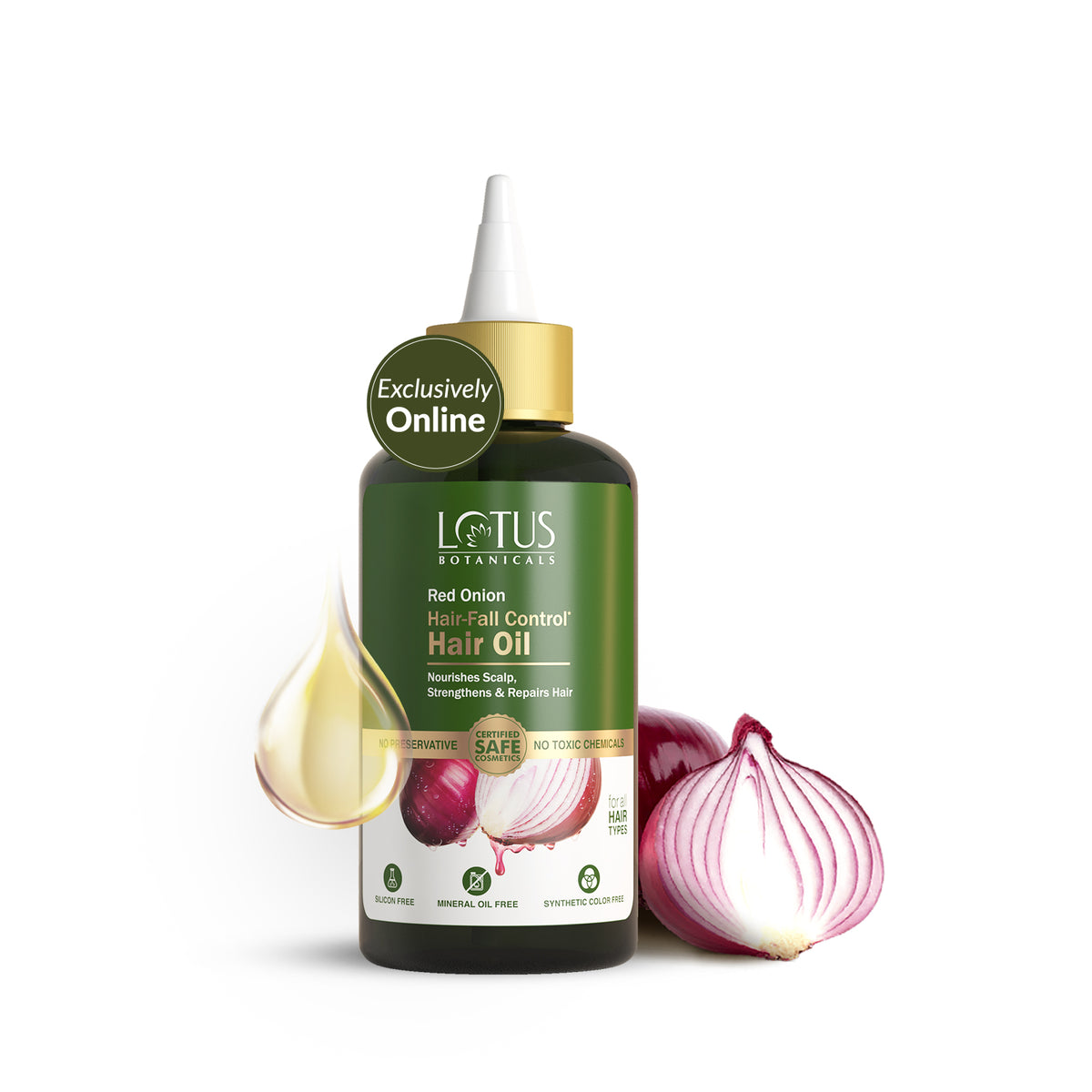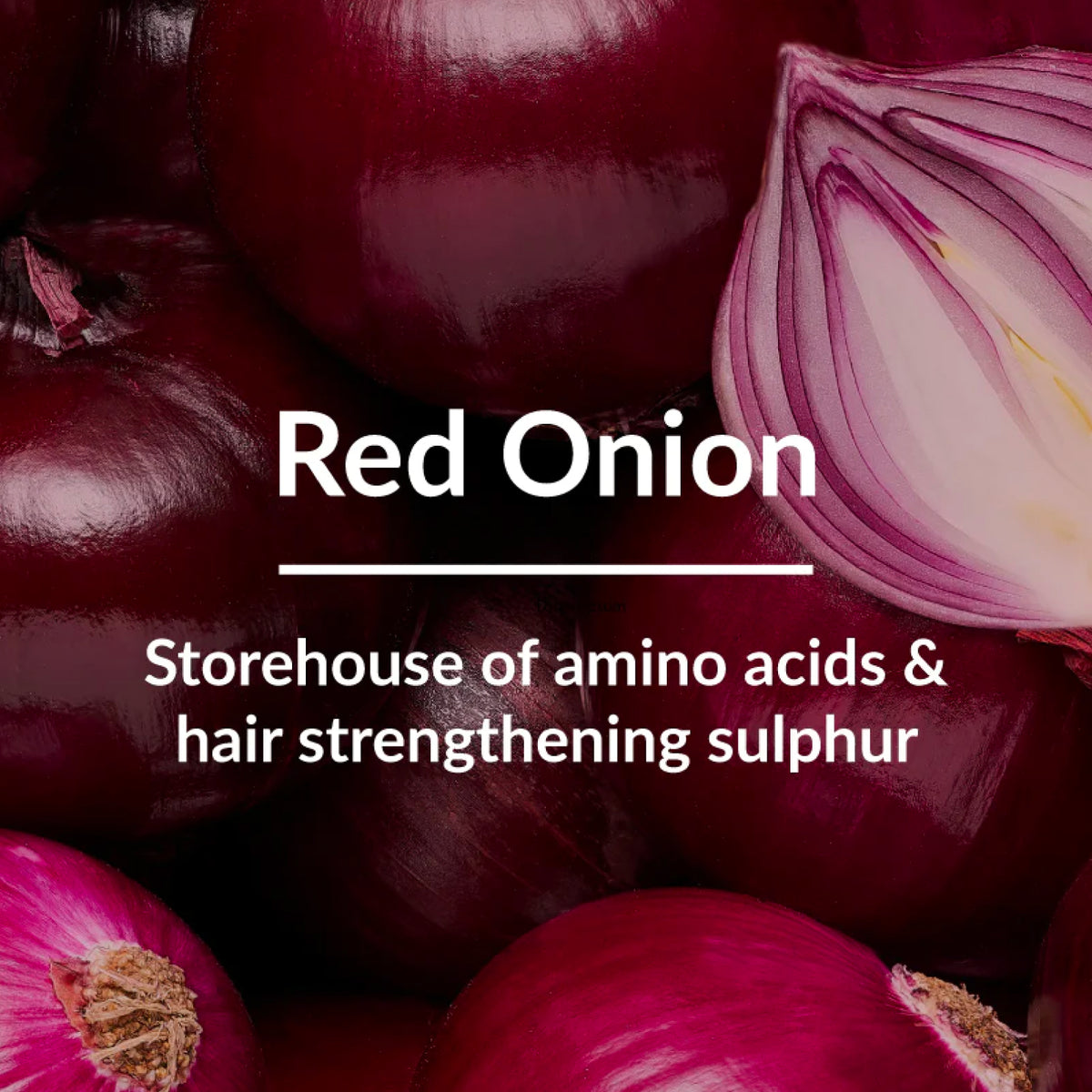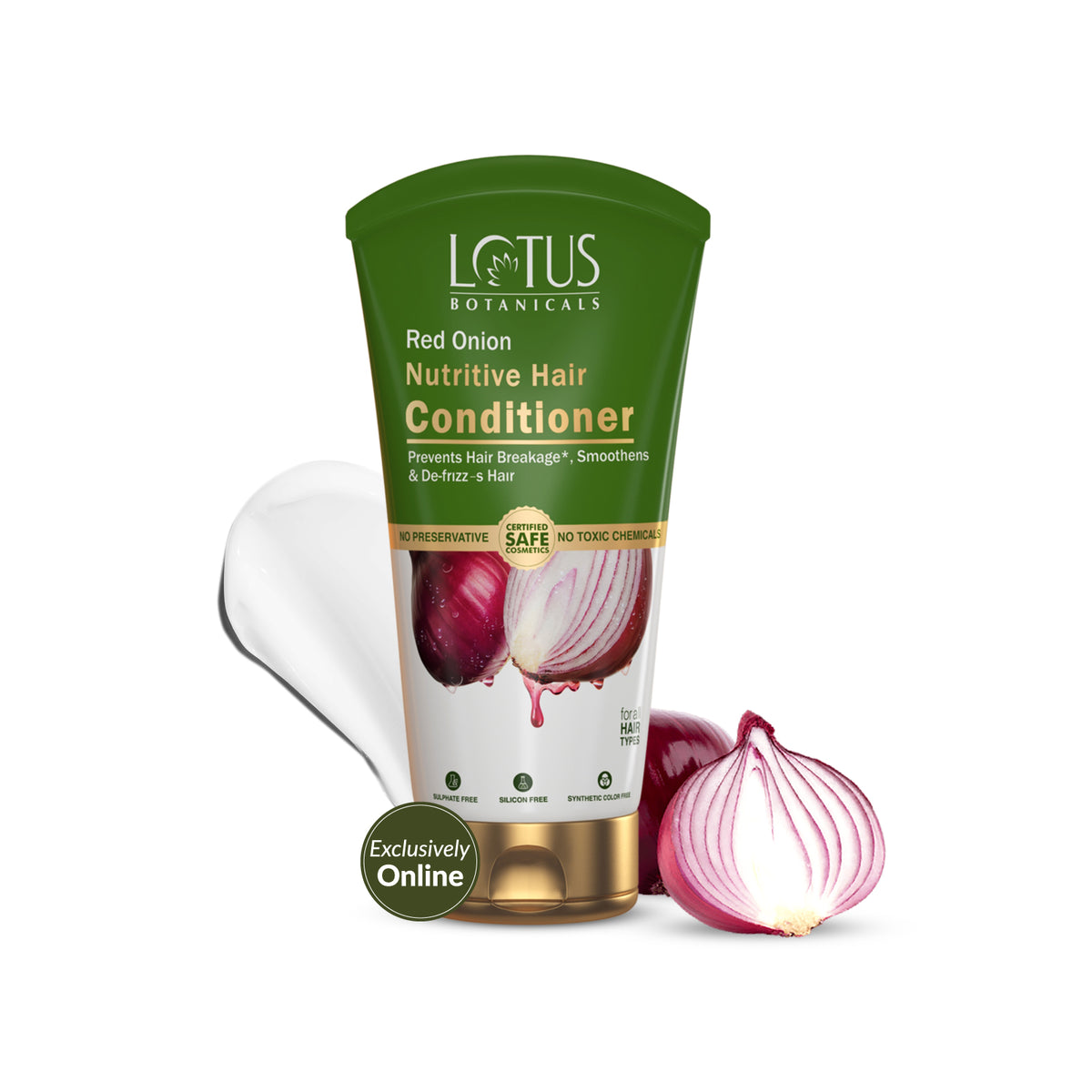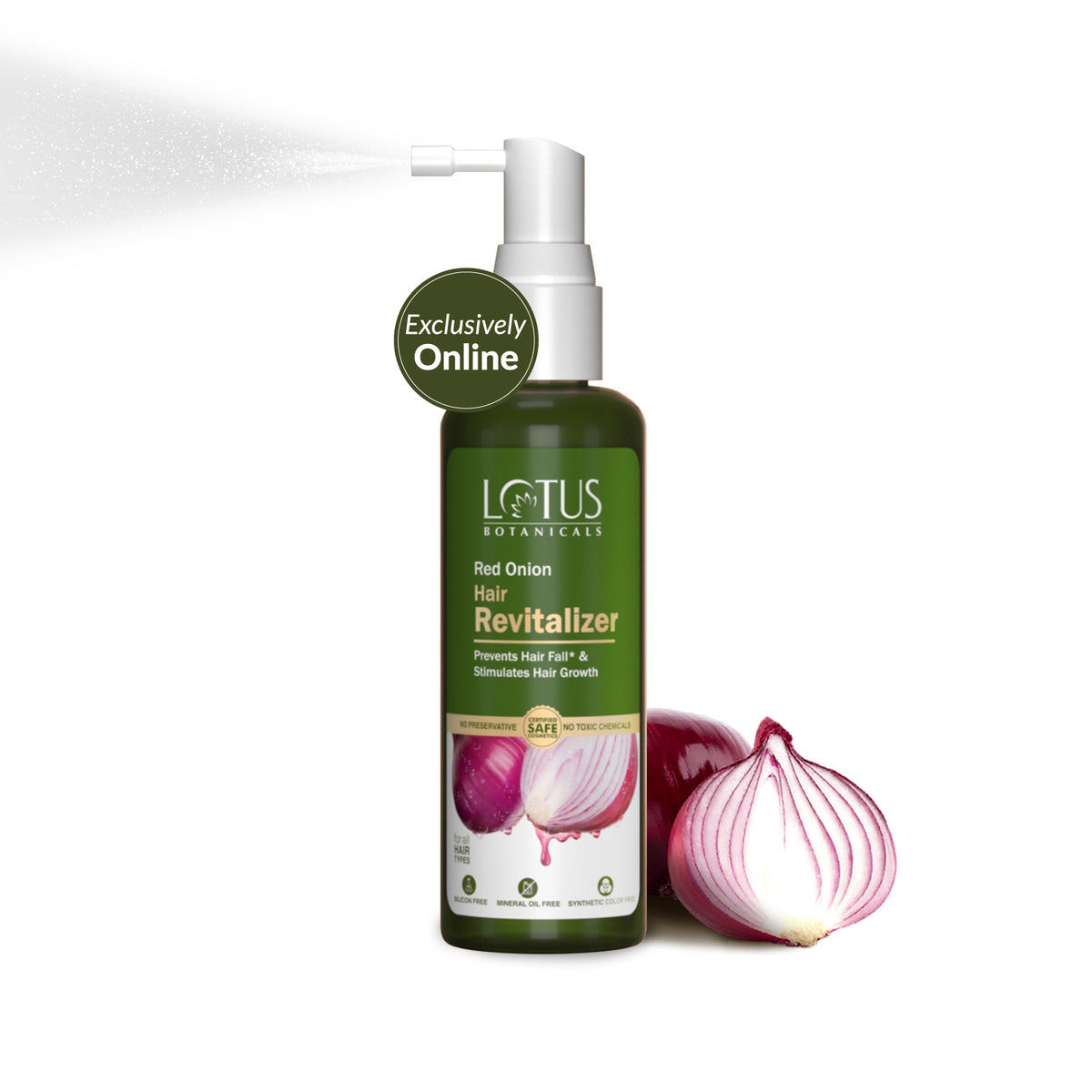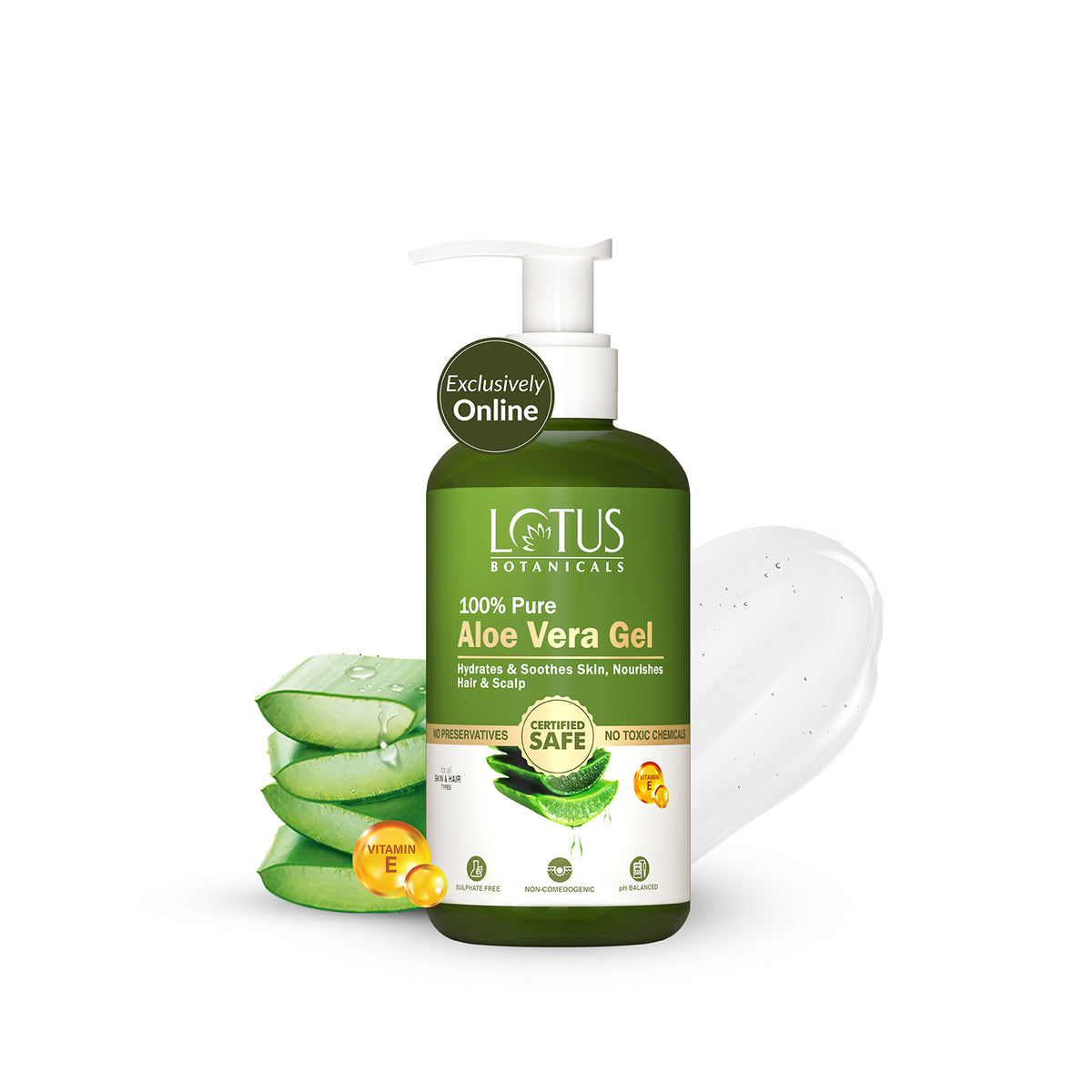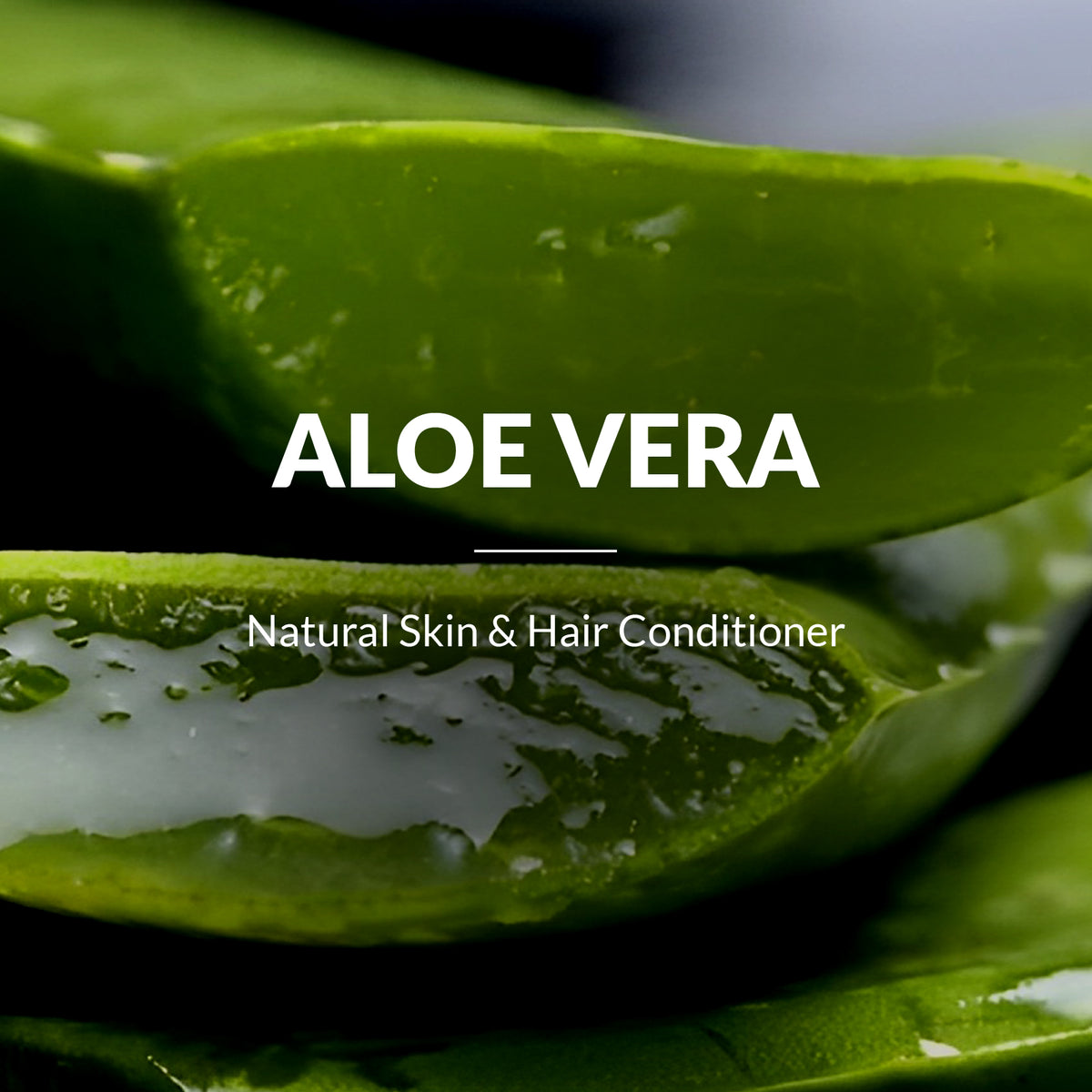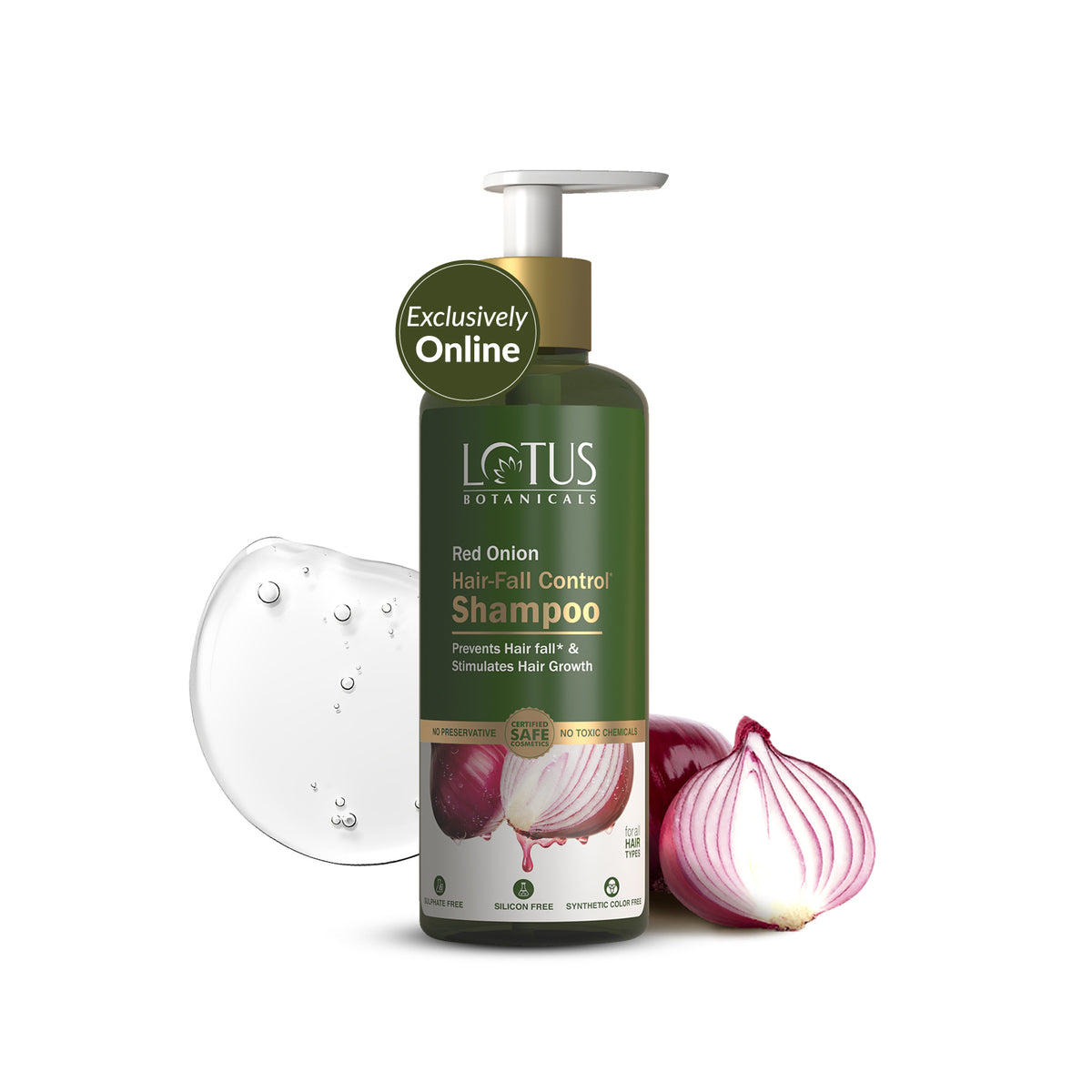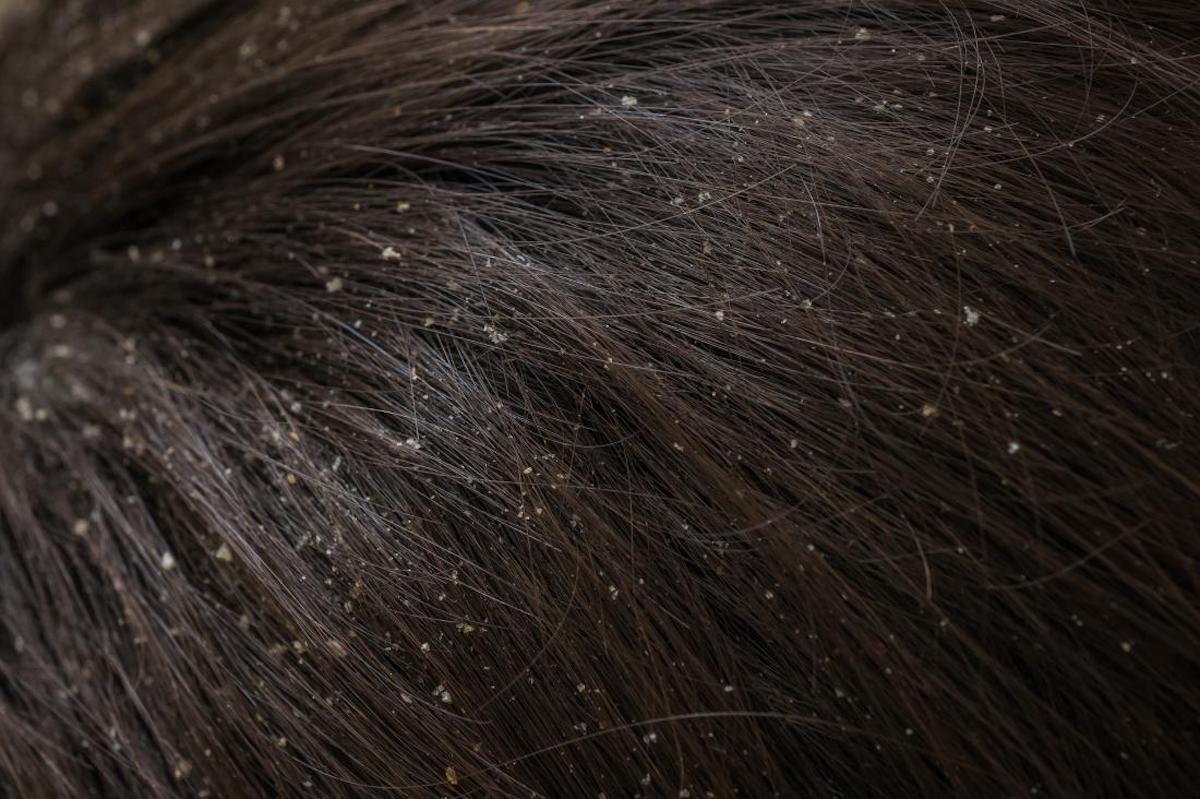
Highlights
-
Nutritional Support for Hair Health
-
When to Seek Professional Guidance?
-
Conclusion
Preventing Scalp Issues During Monsoons: A Complete Guide
Monsoons are a time of joy and celebration, but they can also be a time of discomfort and even danger for people with scalp issues. The humid weather and the frequent showers can create the perfect conditions for bacteria and fungi to thrive, leading to problems like dandruff, seborrheic dermatitis, and scalp psoriasis.
If you suffer from any of these conditions, or if you simply want to keep your scalp healthy during the monsoons, there are a few things you can do to prevent scalp issues. In this blog post, we will discuss some of the best ways to prevent scalp issues during monsoons.
Scalp Issues During Monsoons
During the monsoon season, many people experience various scalp issues due to the increased humidity and moisture in the air. Here are some common scalp issues that can occur during the monsoons:
1. Dandruff
Dandruff is one of the most common scalp issues during the rainy season. The excess humidity can lead to an overgrowth of yeast on the scalp, causing it to become flaky and itchy.
Ginger Root Dandruff-Control Shampoo
Controls Dandruff | Promotes Hair Growth |Nourishes Hair Roots
Ginger Root & Black Seed Dandruff Control Hair Oil
Prevents Dandruff & Itchiness | Strenghten Hair Follicles | Increases Hair Volume

To manage it, wash hair regularly with a mild, pH-balanced shampoo. Lotusbotanical's "Ginger Root Dandruff-Control Shampoo" is a potential option, as it contains beneficial ingredients like red onion extract known for its hair care properties.
The shampoo can help combat dandruff, nourish the scalp, and minimize hair fall, providing a holistic approach to scalp health during the monsoon season.
2. Fungal Infections
During the monsoon season, the increased humidity can make the scalp and hair more susceptible to attracting dirt and grime. Heavy hair products like styling gels, waxes, or serums can make the hair greasier and attract more environmental pollutants, leading to scalp issues and flat, weighed-down hair.
Managing fungal infections can be overwhelming, but they can be highly prevented. Here are some tips to prevent fungal infections:
- Opt for lightweight hair products or those specifically designed for humid conditions.
- Use natural or water-based products that won't clog the scalp or weigh down the hair.
- Avoid excessive use of hair styling products and try to let your hair air-dry whenever possible.
- Regularly wash your hair to remove dirt, sweat, and product buildup.
By following these tips, you can maintain a clean and healthy scalp while preventing issues caused by heavy hair products during the monsoon season.
3. Itchy Scalp
During the monsoon season, the combination of increased humidity and sweating can lead to an itchy scalp. The excess moisture on the scalp can disrupt its natural balance, making it more susceptible to irritation and itching.
Additionally, the damp environment can also encourage the growth of fungi and bacteria, which further exacerbates the itching.
Follow the tips to manage an itchy scalp during monsoons:
- Wash your hair regularly with a mild shampoo to remove sweat and oil.
- Avoid using hot water for washing, as it can strip natural oils and worsen the itching.
- Keep your scalp dry and avoid prolonged exposure to rainwater.
- Use a conditioner specifically designed for the scalp to maintain the right moisture balance.
- Consider using anti-dandruff or soothing scalp products to alleviate itching.
- Refrain from scratching the scalp to prevent further irritation and potential infection.
4. Oily Scalp
During monsoons, increased humidity stimulates the sebaceous glands on the scalp to produce excess oil. This can lead to an oily scalp, making the hair look greasy and flat. The excess oil can also trap dirt, dead skin cells, and sweat, clogging the hair follicles and causing scalp issues like acne and dandruff.
To manage an oily scalp during this season, regular shampooing with a mild, sulfate-free shampoo is recommended.
Avoid using harsh hair products and opt for lightweight, oil-free conditioners. Balancing the scalp's oil production can help maintain a healthy scalp and prevent related problems.
5. Hair Fall
During monsoons, hair fall can be exacerbated due to excess moisture weakening hair shafts. Humidity also promotes scalp oiliness and fungal growth, leading to hair fall.
Lotus Botanicals Red Onion Hair-Fall Control Shampoo is designed to combat hair fall with its potent ingredients, including red onion extract known for its nourishing properties. It helps strengthen hair, reduce breakage, and promote a healthier scalp.
Regular use of this shampoo can aid in mitigating hair fall during the rainy season, while its botanical formula ensures gentle care for the scalp and hair.
6. Scalp Acne
Scalp Acne is a condition where hair follicles on the scalp become clogged with oil, dead skin cells, and bacteria, leading to the formation of small, red, and inflamed pimples or bumps. During monsoons, increased humidity and sweating can exacerbate the condition.
The moist environment creates an ideal breeding ground for bacteria, worsening the inflammation. It may cause discomfort, itching, and tenderness on the scalp.
Proper scalp hygiene, avoiding oily hair products, and keeping the scalp dry can help prevent and manage scalp acne. Remember, consulting a dermatologist may be necessary for severe or persistent cases.
7. Folliculitis
Folliculitis is a common scalp issue characterized by the inflammation and infection of hair follicles. During monsoons, excess moisture and sweat can clog hair follicles, creating an ideal environment for bacteria or fungi to thrive. This leads to red, swollen, and sometimes pus-filled bumps on the scalp, causing discomfort and itching.
Folliculitis can be caused by various factors, including poor hygiene, using contaminated hair care products, or wearing tight headgear.
Proper scalp hygiene, avoiding excessive heat or sweat buildup, and using mild antiseptic shampoos can help prevent and manage folliculitis during the rainy season.
8. Scalp Psoriasis
During monsoons, scalp psoriasis worsens due to increased moisture and humidity. This skin condition, characterized by red, itchy, and scaly patches on the scalp, becomes more prominent and uncomfortable.
The damp environment triggers inflammation and encourages the rapid growth of skin cells, leading to the formation of psoriatic plaques. The constant urge to scratch the affected areas may worsen the condition, causing pain and potential infection.
To manage scalp psoriasis during this season, it is crucial to keep the scalp clean, dry, and apply prescribed topical treatments to reduce inflammation and soothe the skin.
Healthy Hair Care Routine for Monsoons
Taking care of your hair during the monsoon season requires some extra attention, as the increased humidity and moisture can lead to various hair problems like frizz, dandruff, and hair fall.

Here's a healthy hair care routine to help you maintain beautiful and manageable hair during the monsoons:
1. Regular Cleansing
Regular cleansing is crucial during monsoons as the increased humidity and moisture can cause oil, dirt, and sweat to accumulate on the scalp and hair, leading to various issues.
Washing your hair 2-3 times a week with a mild, sulfate-free shampoo helps remove impurities, preventing clogged pores and potential infections. It also maintains a healthy scalp environment, promoting hair growth.
Clean hair is less prone to frizz, and with less build-up, hair products like Red Onion Nutritive Hair Conditioner and masks can work more effectively.
Proper cleansing ensures that your hair stays fresh, manageable, and free from the adverse effects of the monsoon climate.
2. Use Hair Masks
During the monsoon, the battle against frizz is constant. To gain the upper hand, start the night before by applying a hydrating hair mask if you plan to wash your hair the next morning. This helps combat hair fall during the rainy season. Use Lotusbotanical’s Red Onion Total Repair Hair Mask for best results.
Tie your hair in a bun and sleep on it. Upon waking, rinse your hair for moisturized and hydrated locks. On days when washing isn't possible, apply a small amount of leave-in conditioner to damp hair, focusing on the ends.
Masks are the best nourishing hair care product for the monsoon. Repeat the process and tie your hair in a loose bun before bed. In the morning, unveil frizz-free, voluminous, and shiny hair.
3. Frequent Hair Styling
Frequent hair styling, especially with heat tools like straighteners and curling irons, can lead to dryness, breakage, and damage.
Limiting the use of such styling methods helps preserve the natural moisture and integrity of your hair, reducing frizz and promoting overall hair health.
Acknowledge your natural hair structure or try braids, buns, or letting your hair dry naturally. If you don't style your hair too much, it will be stronger and easier to handle, and you'll reduce the chance of long-term damage.
4. Trim Your Hair Regularly
Trim your hair regularly, ideally every 6-8 weeks. This practice prevents split ends from spreading up the hair shaft, leading to further damage. Regular trims maintain the overall health and appearance of your hair, keeping it looking fresh and vibrant.
Additionally, trimming promotes healthy hair growth by removing damaged and weakened ends, allowing for stronger and thicker hair to grow in its place.
Red Onion Total Repair Hair Mask
Helps Prevent Hair-fall | Helps Promote Hair Growth | Healthy and Nourished Hair

Regular trims are crucial in the prevention of hair breakage and the preservation of hair length and shape, regardless of whether one is in the process of growing out their hair or maintaining a certain hairstyle.
5. Protect from Rain
Protect your hair from rain by using an umbrella or a hat to shield it from moisture. Rainwater can cause hair to weaken and lead to frizz and breakage. If caught in the rain, gently dry your hair with a microfiber towel, avoiding vigorous rubbing.
Avoid tying wet hair and allow it to air dry to minimize damage. Consider using water-resistant hair products or hairstyles like braids to keep hair protected.
Keep up with a regular hair care routine, including cleansing, conditioning, and oil massages, to maintain healthy, manageable hair during the rainy season.
6. Drying Your Hair
Drying your hair properly is essential to maintain its health and prevent damage. Towel-dry gently to remove excess moisture without causing frizz or breakage.
Avoid rubbing vigorously as it can weaken the hair shaft. Instead, use a microfiber towel or let your hair air-dry naturally whenever possible. If using a hairdryer, set it to a low or cool setting to prevent heat damage. Keep the dryer at a distance to avoid overheating.
Regularly exposing your hair to high heat can lead to dryness, split ends, and overall weakened hair. Treat your hair with care to maintain its natural shine and strength.
7. Avoid Over-touching
Avoiding over-touching your hair is essential because excessive handling can lead to hair breakage and damage. When you constantly run your fingers through your hair or style it repeatedly, you cause friction and stress on the hair shaft, weakening its structure.
Red Onion Hair-Fall Control Hair Oil
Helps Control Hair Fall | Helps Prevents Split-ends | Helps Repair Dull & Damaged Hair

Additionally, the natural oils from your hands can mix with the hair's natural oils, making it greasier. Furthermore, constant touching can disturb your hairstyle and increase frizz.
Limiting touching helps maintain hair health, reduces breakage, and preserves your desired look for longer periods.
Dietary and Lifestyle Tips for Scalp Issues
Dietary and lifestyle can be a game changer for your healthy scalp. Dealing with scalp issues can be frustrating and uncomfortable without a proper diet and lifestyle.
While it's essential to consult a dermatologist or healthcare professional for a proper diagnosis and personalized treatment plan, there are some dietary and lifestyle tips that may help improve scalp health and reduce scalp issues:
- Maintain Good Hygiene: Wash your hair regularly using a mild, sulfate-free shampoo and conditioner. Avoid excessive washing, as it can strip the scalp of its natural oils, leading to dryness and irritation.
- Stay Hydrated: Drink plenty of water to keep your body and scalp hydrated. Dehydration can contribute to dryness and flakiness of the scalp.
- Balance Your Diet: A balanced and nutritious diet can support overall scalp health. Include foods rich in vitamins and minerals, such as fruits, vegetables, whole grains, lean proteins, and healthy fats.
- Omega-3 Fatty Acids: Incorporate foods rich in omega-3 fatty acids, such as fatty fish (salmon, mackerel, sardines), flaxseeds, chia seeds, and walnuts. Omega-3s have anti-inflammatory properties that may help reduce scalp inflammation.
- Probiotics: Probiotics, found in yogurt, kefir, sauerkraut, and kimchi, can promote a healthy gut, which may indirectly benefit the scalp by supporting a balanced immune system.
- Manage Stress: Chronic stress can worsen scalp conditions like dandruff and psoriasis. Practice stress-reduction techniques like meditation, yoga, deep breathing exercises, or engaging in hobbies you enjoy
When to Seek Professional Help
Sometimes, nothing works for your scalp which can be worrisome. Therefore, If you experience persistent or severe scalp issues such as excessive itching, redness, flaking, hair loss, or unusual lumps, it is essential to seek professional help promptly.
A dermatologist or a healthcare provider specializing in scalp conditions can diagnose the problem accurately and recommend appropriate treatments. Early intervention can prevent the condition from worsening and help address potential underlying health issues.
Final Words
Safeguarding our scalp during the monsoon is vital for maintaining healthy and lustrous hair. By following the outlined tips, adopting a proper hair care routine, and staying vigilant against potential scalp issues, we can enjoy the season without worries. Remember, prevention is key, but in case of persistent problems, seek professional advice. For high-quality hair products that cater to your specific needs, visit Lotus Botanicals. Embrace the monsoons with confidence and flaunt your beautiful, well-nurtured tresses!
Highlights
-
Nutritional Support for Hair Health
-
When to Seek Professional Guidance?
-
Conclusion
Related Products
Red Onion Nutritive Hair Conditioner
Helps Prevents Hair-fall | Helps Reduce Frizziness | Nourishes Hair
Ginger Root Dandruff-Control Shampoo
Controls Dandruff | Promotes Hair Growth |Nourishes Hair Roots
Red Onion Hair-Fall Control Hair Oil
Helps Control Hair Fall | Helps Prevents Split-ends | Helps Repair Dull & Damaged Hair
Ginger Root & Black Seed Dandruff Control Hair Oil
Prevents Dandruff & Itchiness | Strenghten Hair Follicles | Increases Hair Volume
Red Onion Total Repair Hair Mask
Helps Prevent Hair-fall | Helps Promote Hair Growth | Healthy and Nourished Hair
Red Onion Hair Revitalizer
Helps Protects Hair from Heat | Reduces Frizziness | De-tangles Knots
Red Onion Hair-Fall Control* Shampoo
Helps Prevent Hair Fall | Helps Promote Hair Growth | Strengthens Hair







